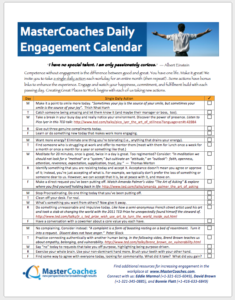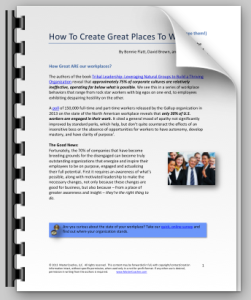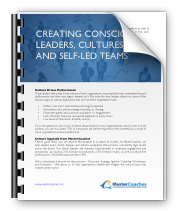How will my coach work with me? What’s involved? What about confidentiality?
- Coaches use a variety of methods to help you adopt new ways of thinking that can achieve breakthrough results. Coaches provide insightful feedback, help you choose and practice developmental activities, and assist you with identifying resources to support your development. Be sure to reach a common understanding of the time commitment and how sensitive, confidential information will be handled.
How can the coach help me get results?
- Ultimately coaches help you to focus your attention on specific behaviors, make sure that you have a measurable plan with actionable items and assist you with moving outside your comfort zone to try new behaviors. Sometimes however even deeply committed clients seem to resist the very change they are seeking. In an article in The Harvard Business Review, authors Robert Kegan and Lisa Laskow Lahey describe these as subconscious competing commitments that need to be addressed if you want to “help talented employees become much more effective and make far more significant contributions to your company.” In that sense, this could be a rich opportunity for you, as coaching can provide a “safe haven” to explore developmental needs and issues that may impact your leadership.
Are there certain factors that correlate with successful coaching outcomes?
- Coaching takes a positive focus on the situation. Your intelligence, abilities, and resourcefulness are the primary sources of your capacity for growth and change. Approaching coaching through a “learner’s mind” and being curious and open to new perspectives is another key factor in maximizing the value of your coaching.
Is there a difference between life coaching and business or executive coaching?
- An executive coach must have sufficient understanding of business and organizational politics to help you identify, understand, and respond appropriately to situations and dilemmas that arise during the coaching process. They must also understand the organizational context and functioning sufficiently to develop a valid perspective on your situation and objectives. Coaching sessions aren’t just informal conversations, and coaches are not simply cheerleaders or sympathetic ears. An executive coach keeps focused on the specific, measurable, business-related development objectives of their clients, pacing, and guiding the sessions to bring about the desired outcomes. Effective executive coaches must have the skill to facilitate individual development within your unique, complex business environment.
Are there specific things I can do to to create a solid foundation that maximizes our effectiveness?
- Once you and your coach have exchanged sufficient background information, establish preliminary targets/milestones and a plan that you are committed to achieving within your particular time frame. Recognize that changes in the day-to-day business could somewhat alter your goals/plans and work accordingly. Remember, goals need to be specific enough so that you will both know if you are achieving the agreed upon coaching goals.
- As you enter into each coaching meeting, know what you want to get out of the session and expect the coach to have a target/focus in mind as well. Agree to how you will spend the time together in that session.
- Come prepared to share your observations on what has/hasn’t worked on those ideas/behaviors you implemented/practiced since your last coaching session.




Social Links